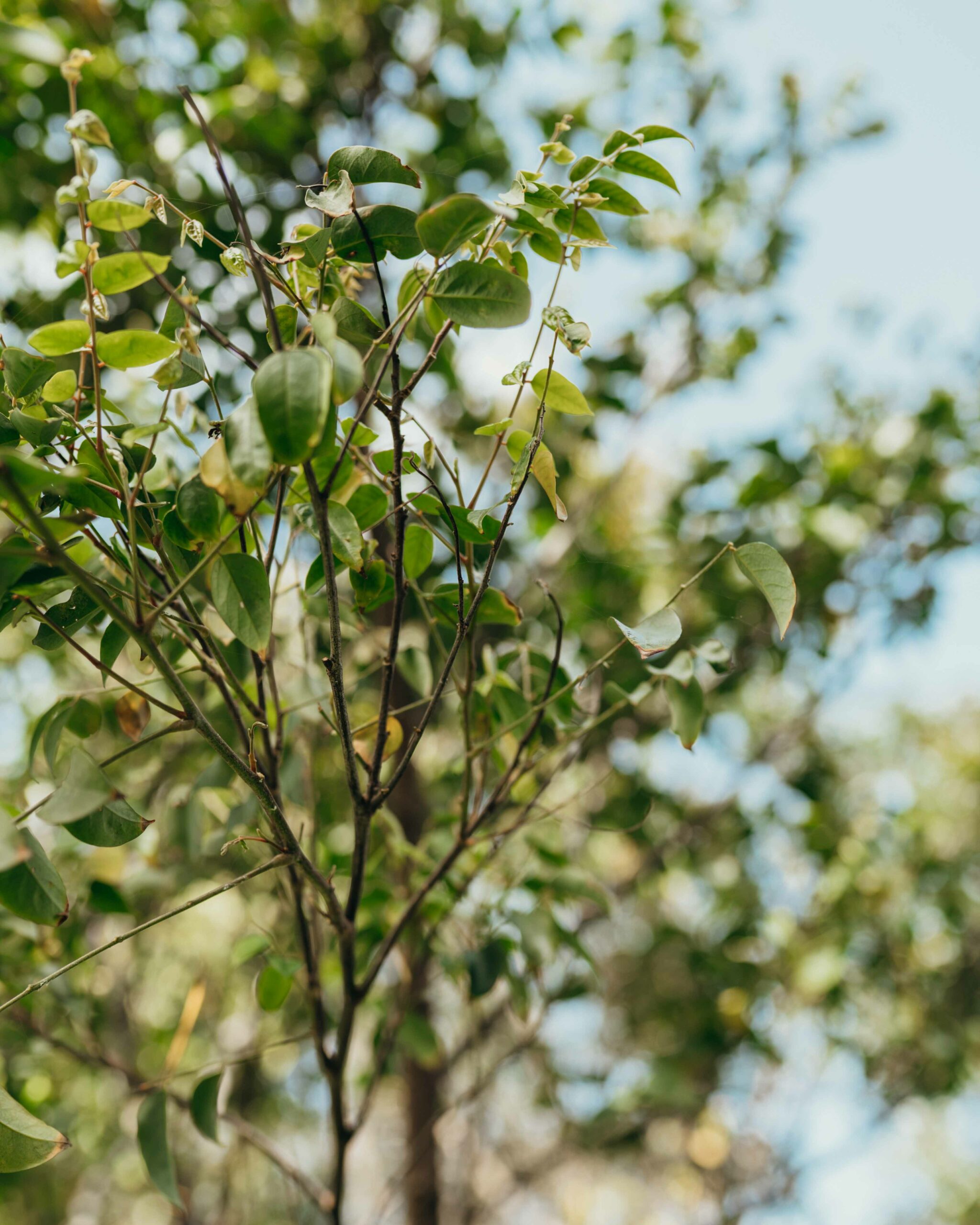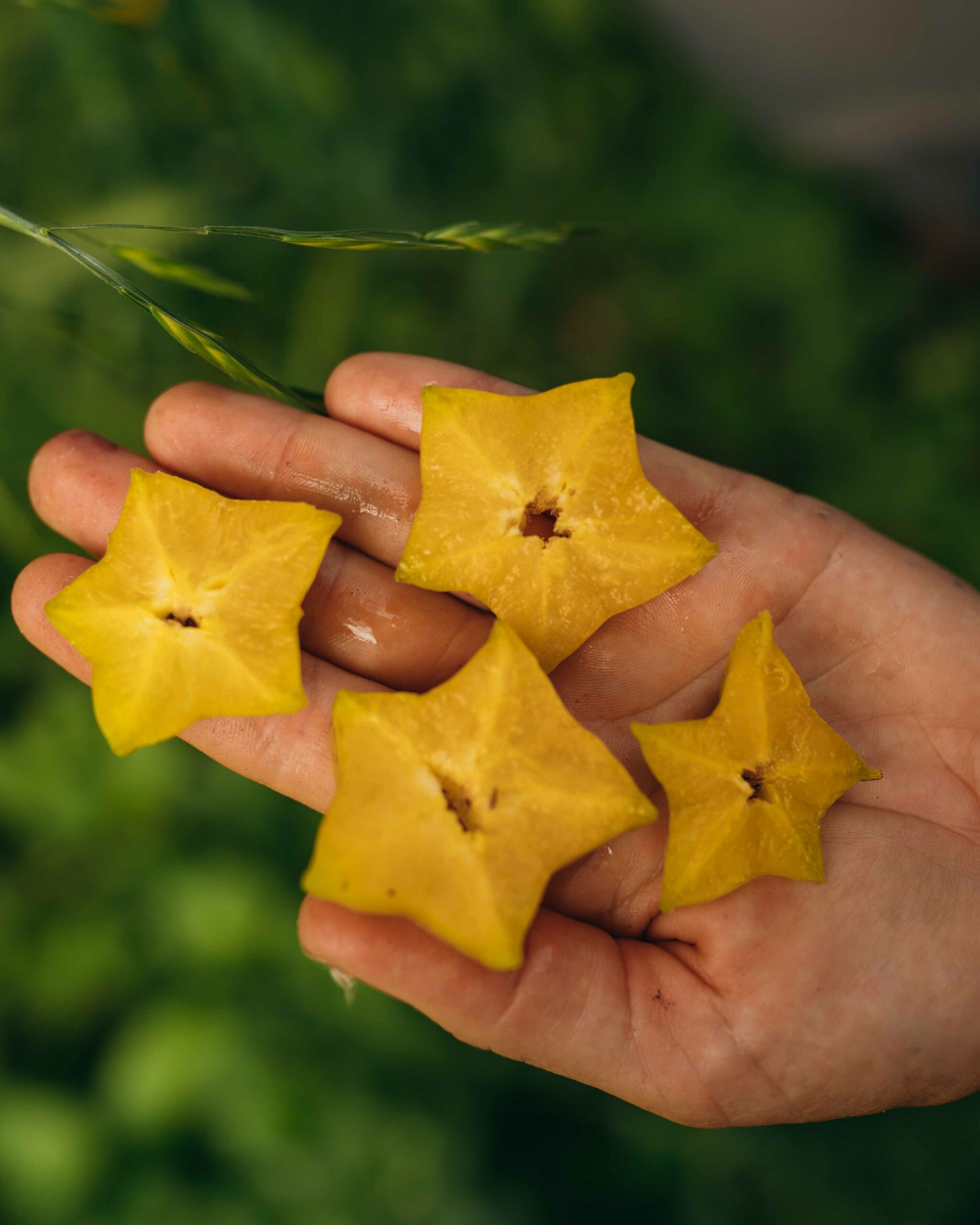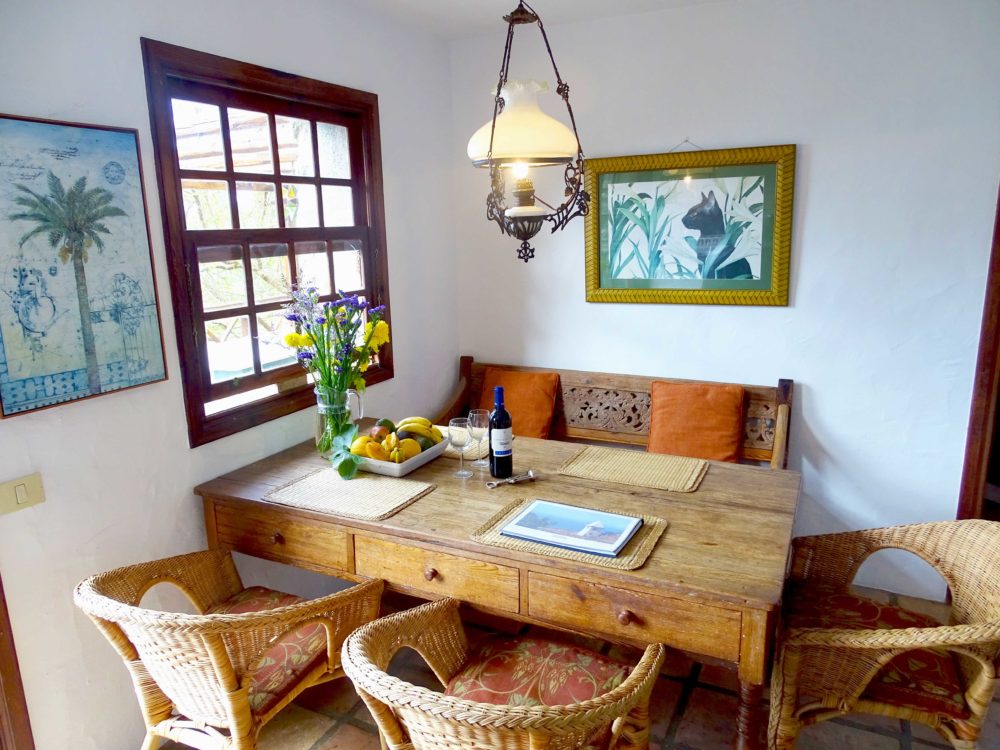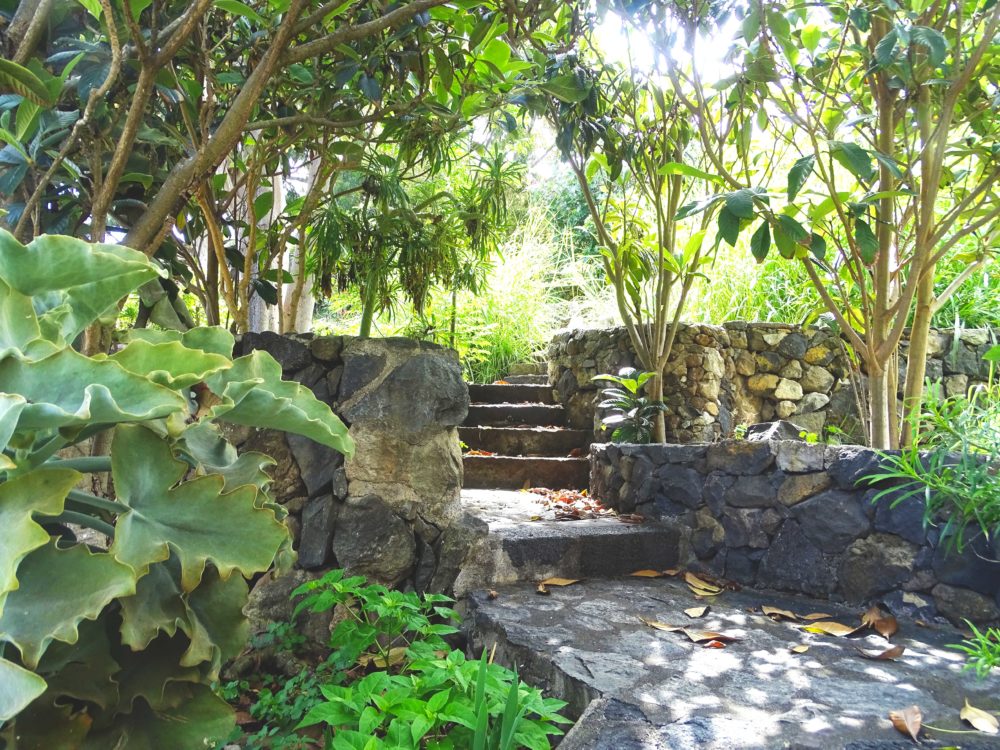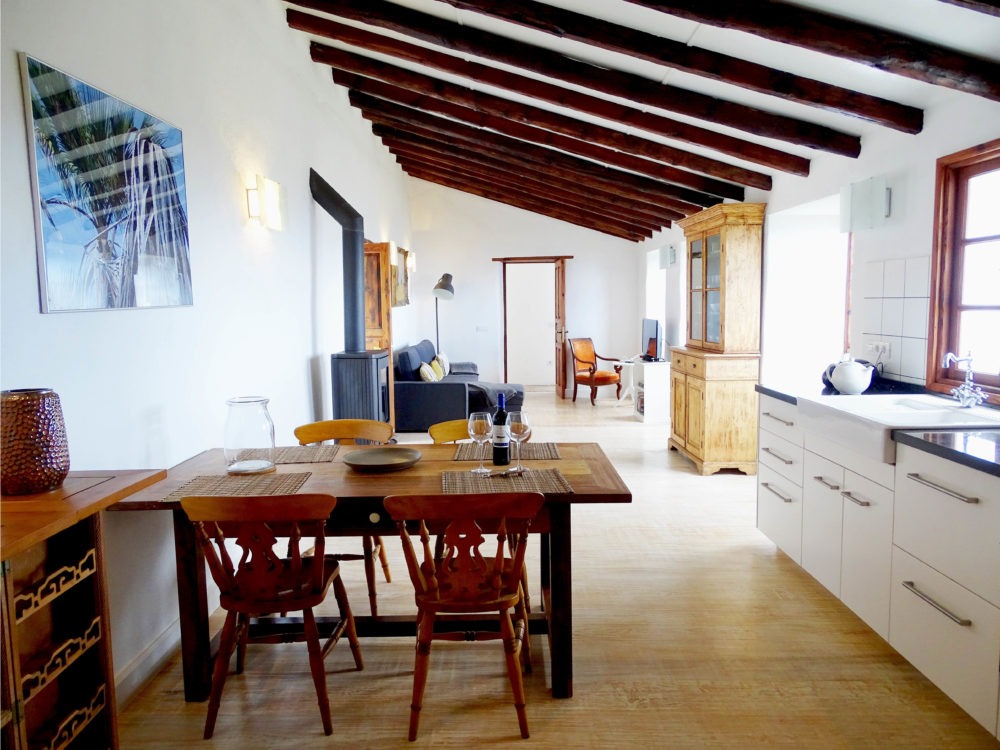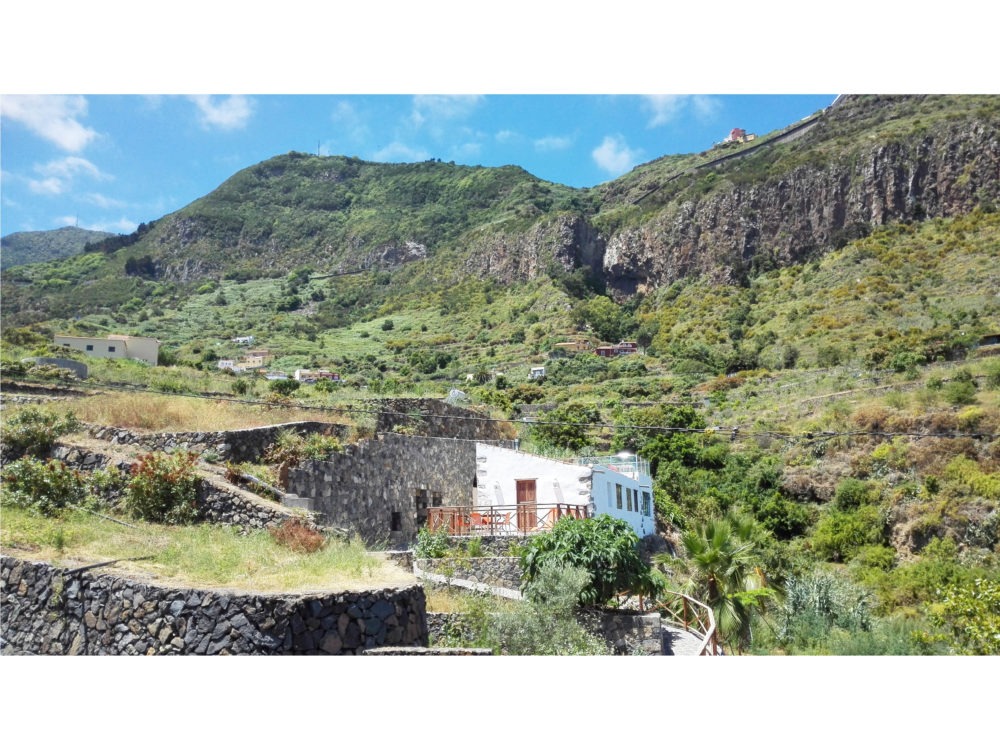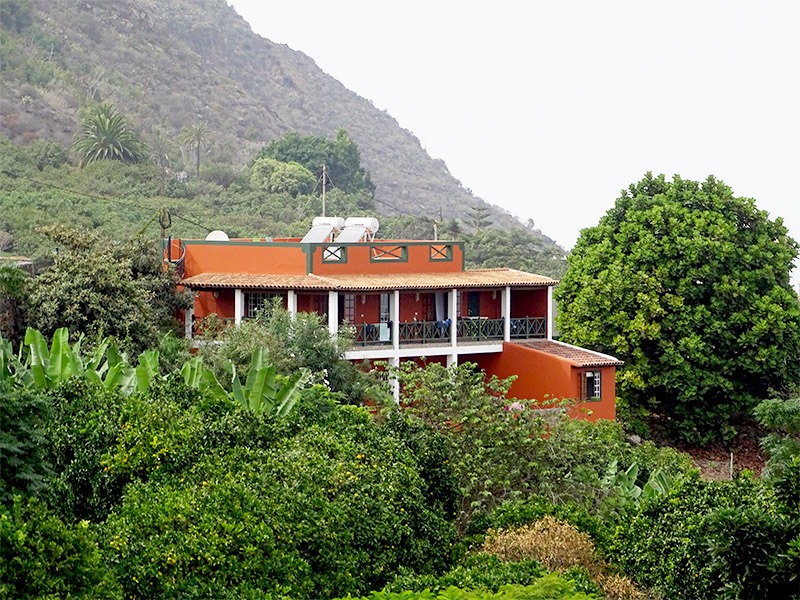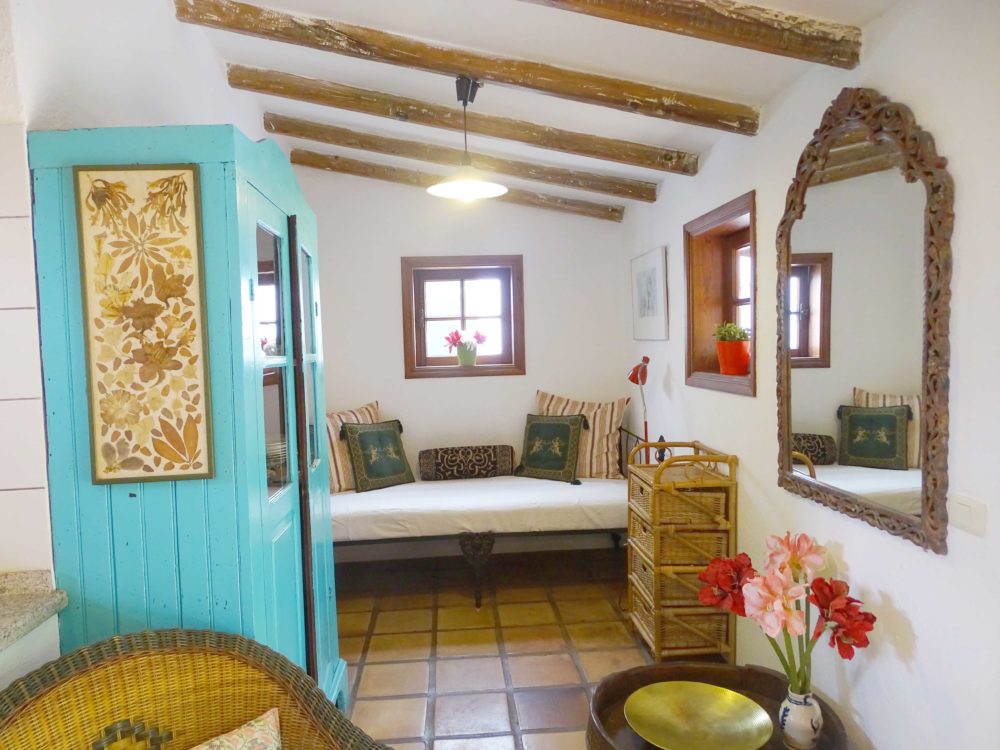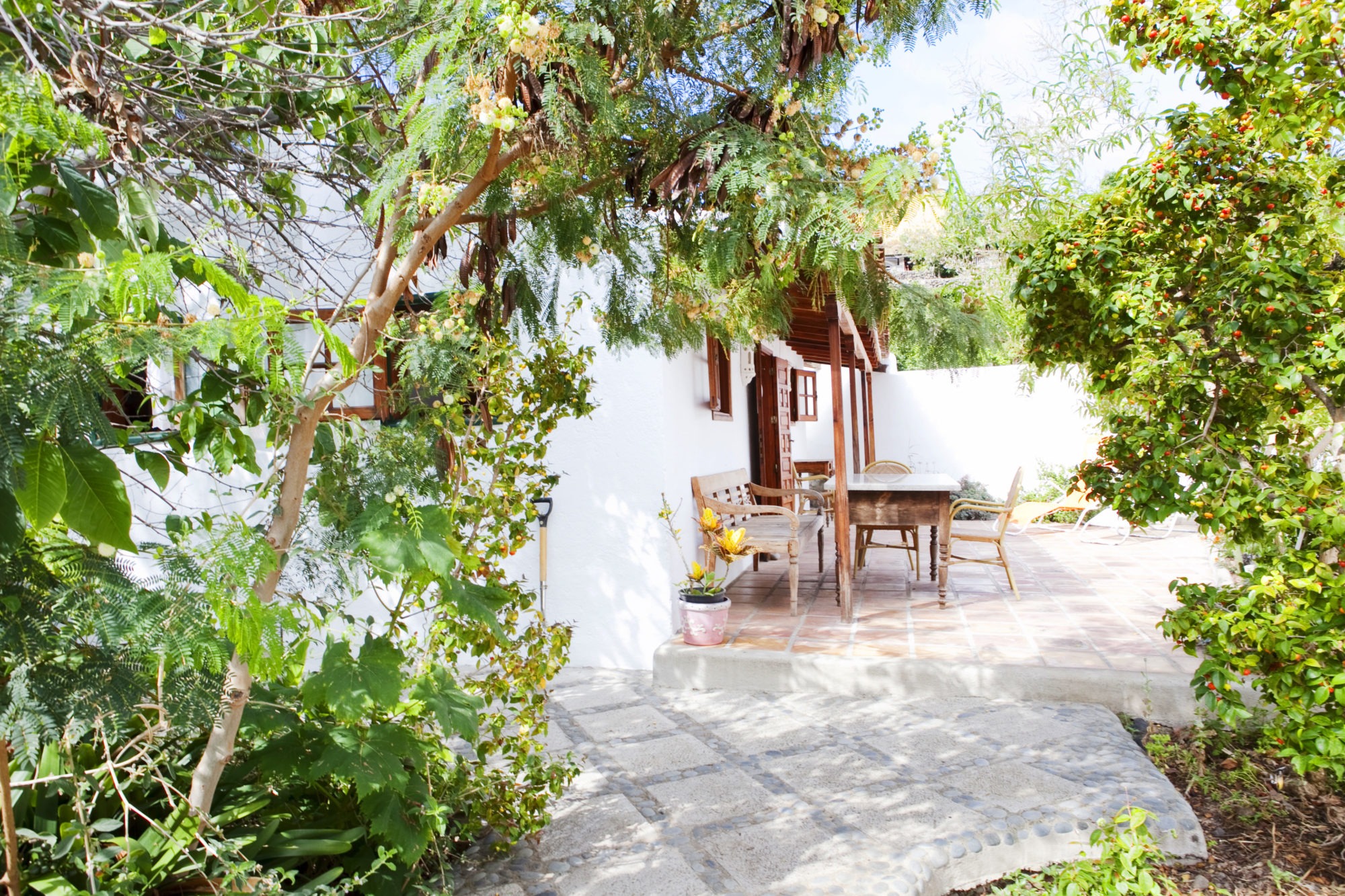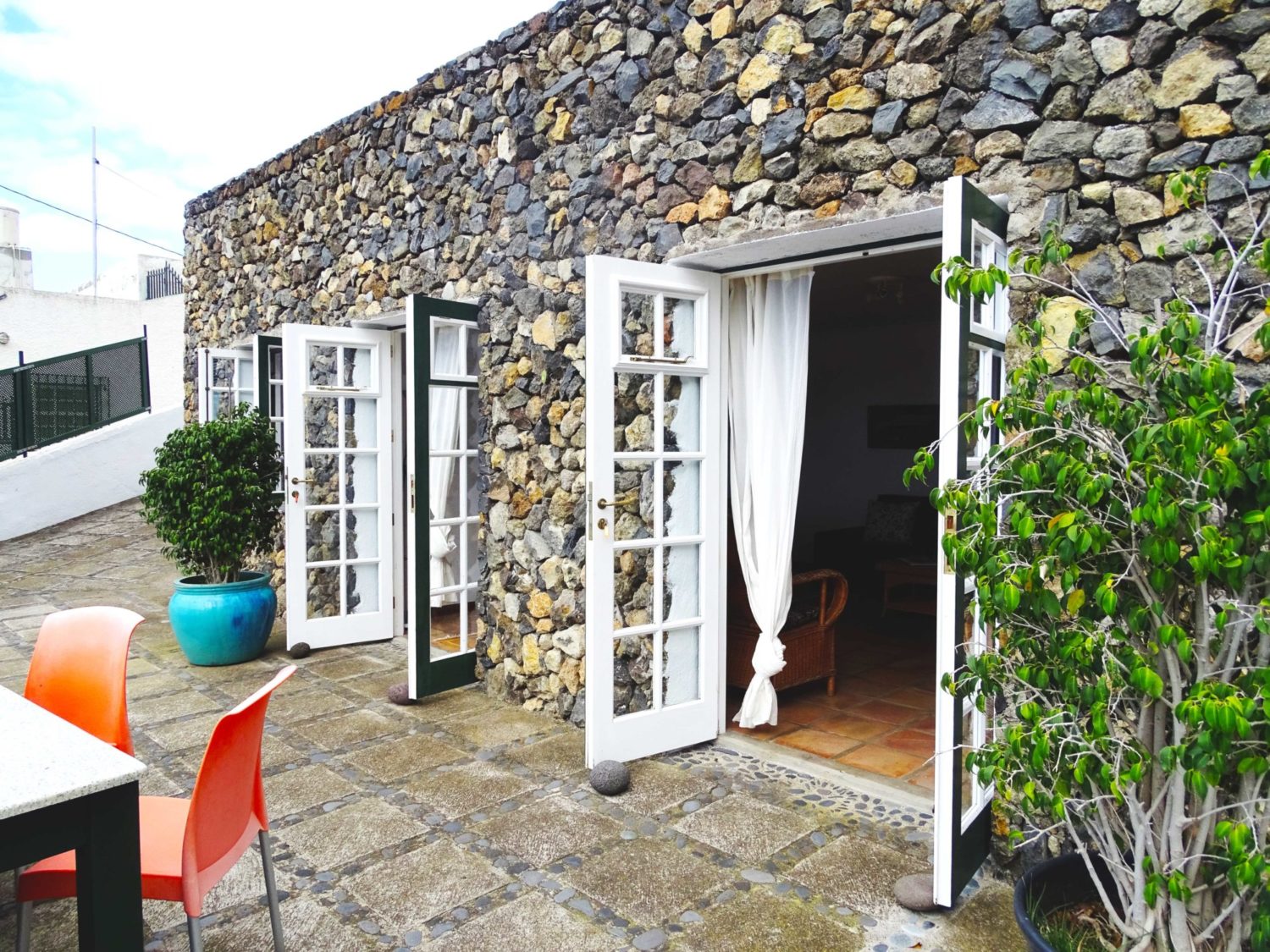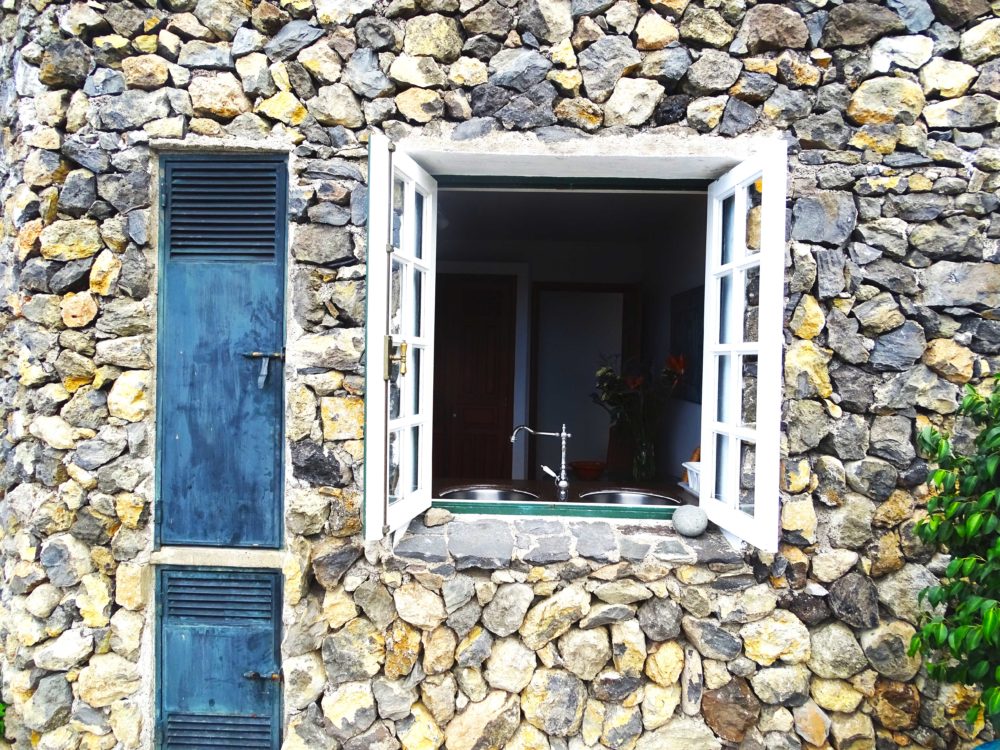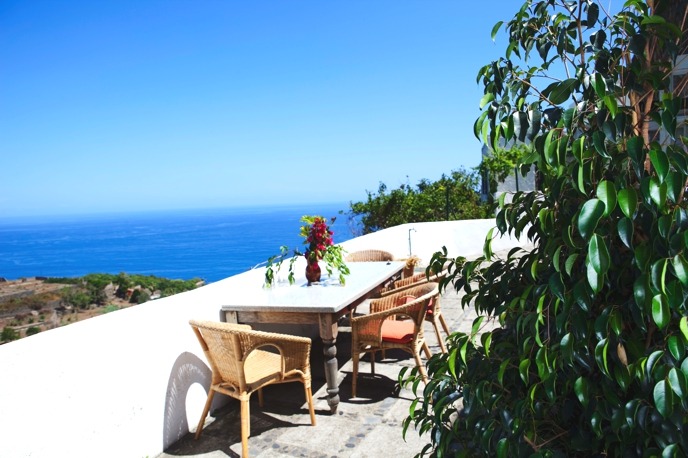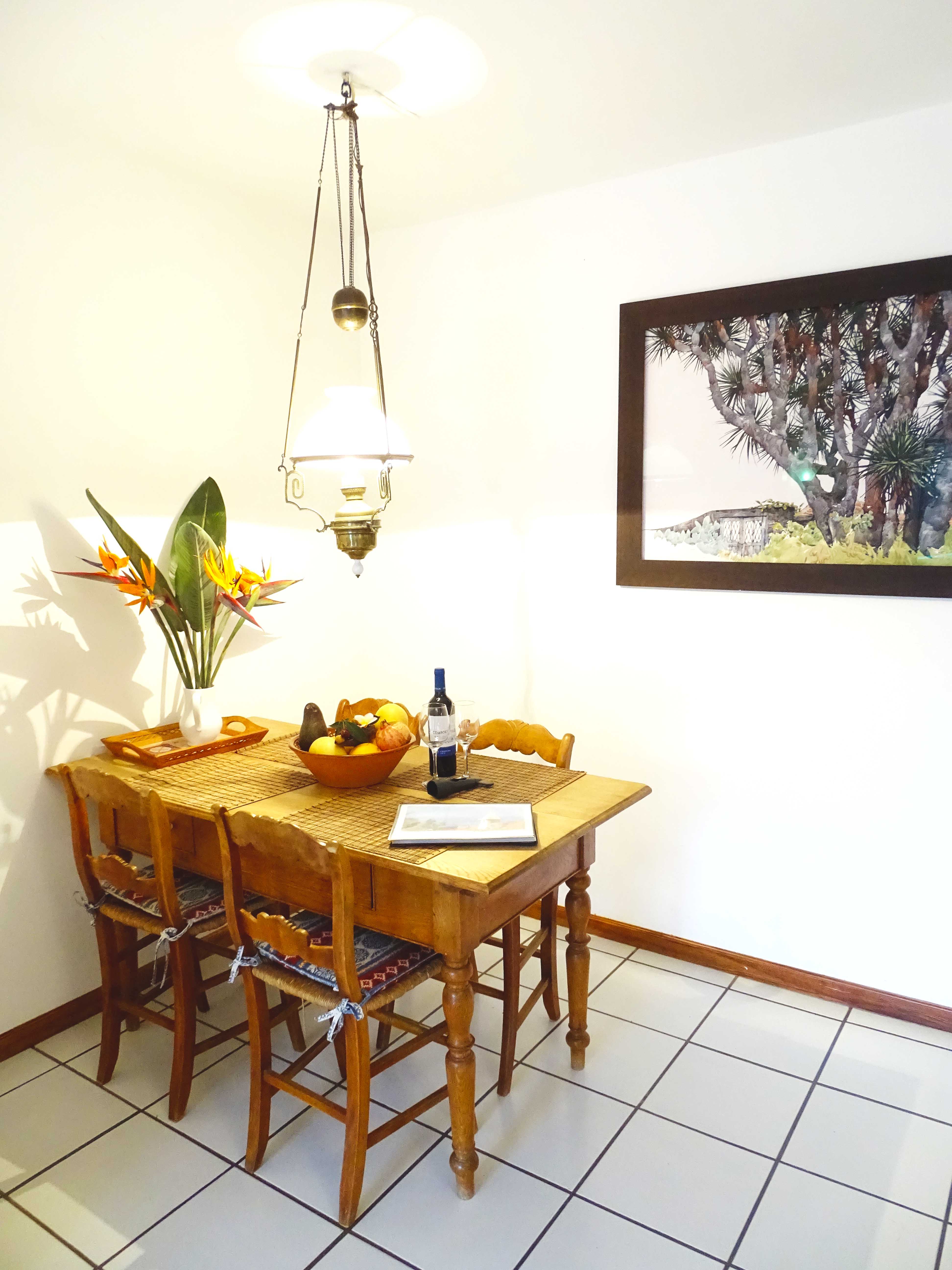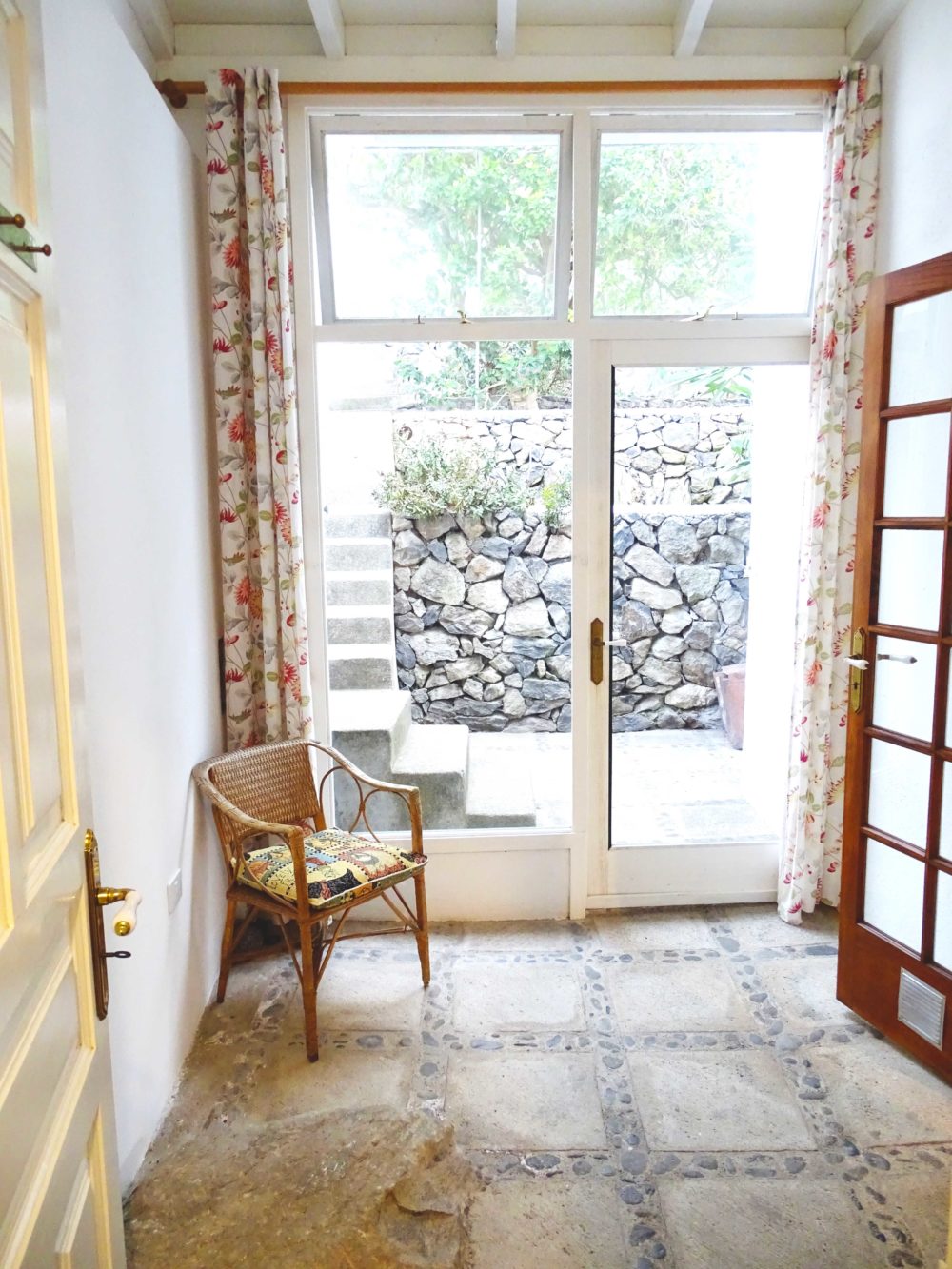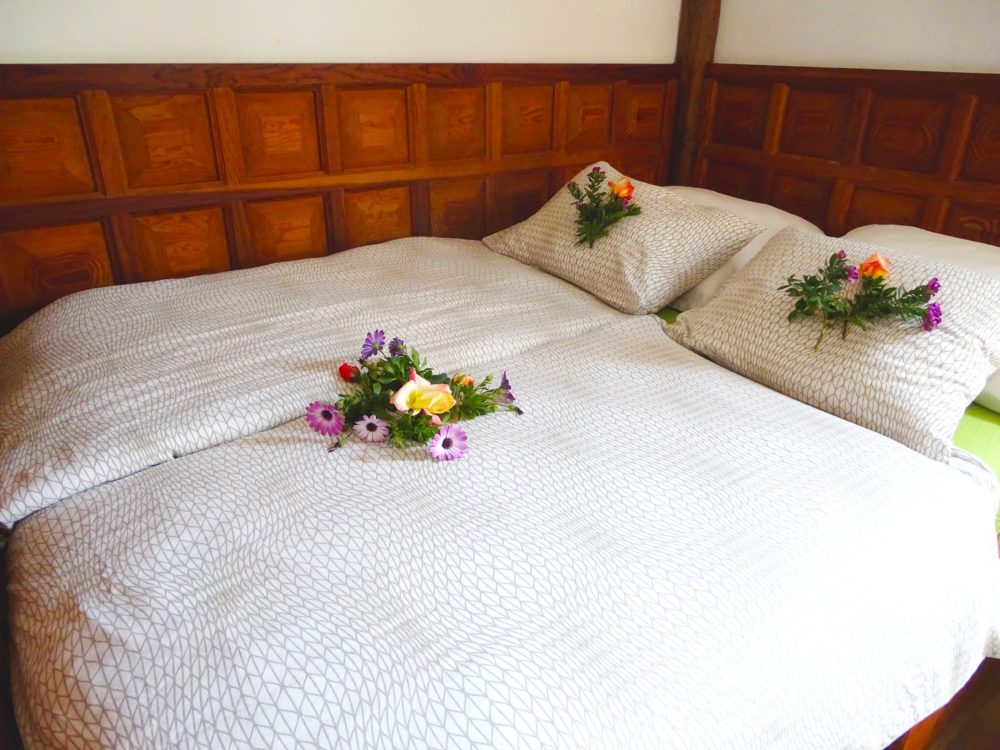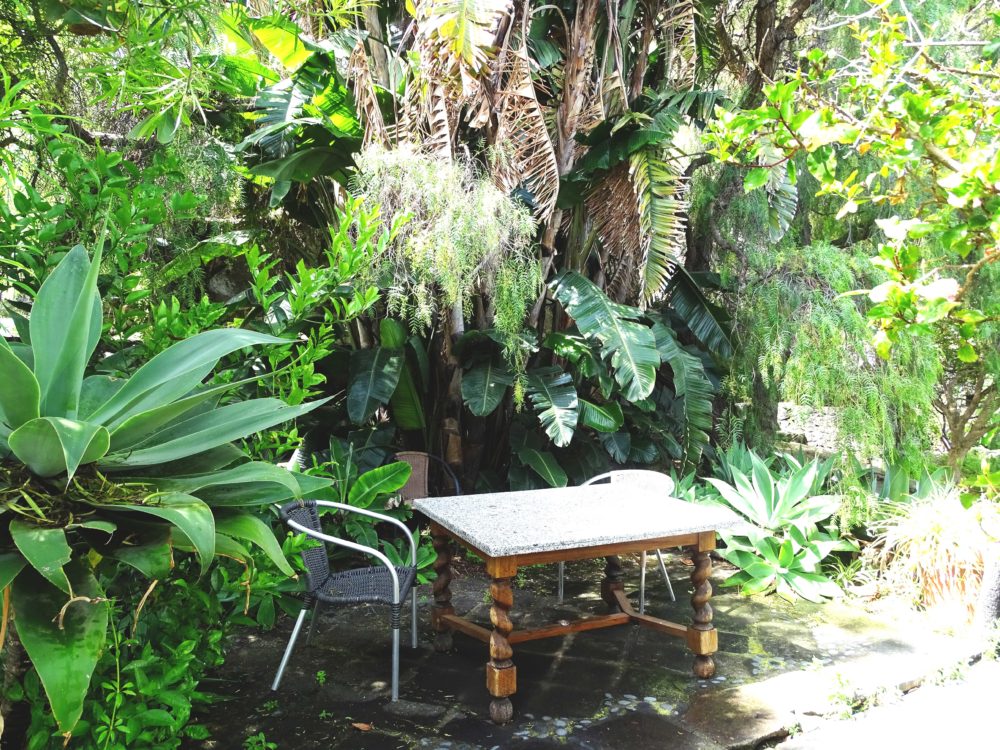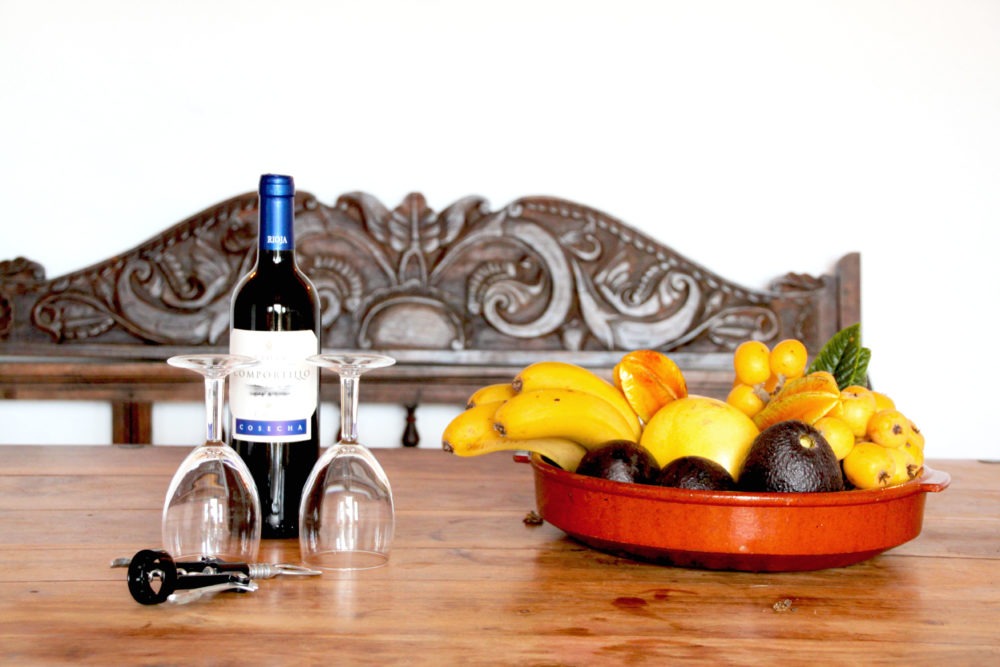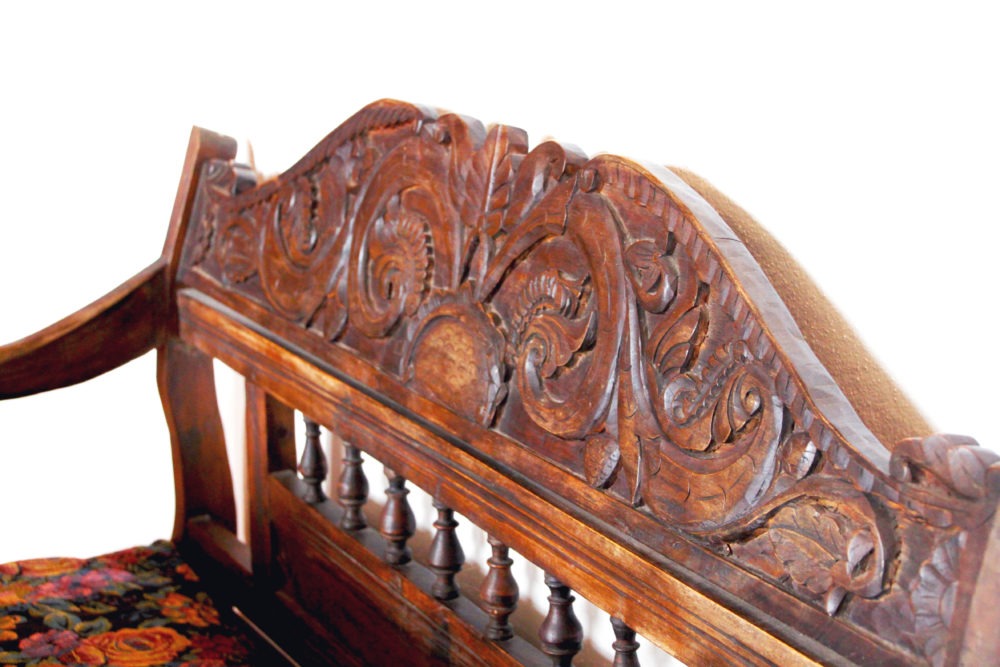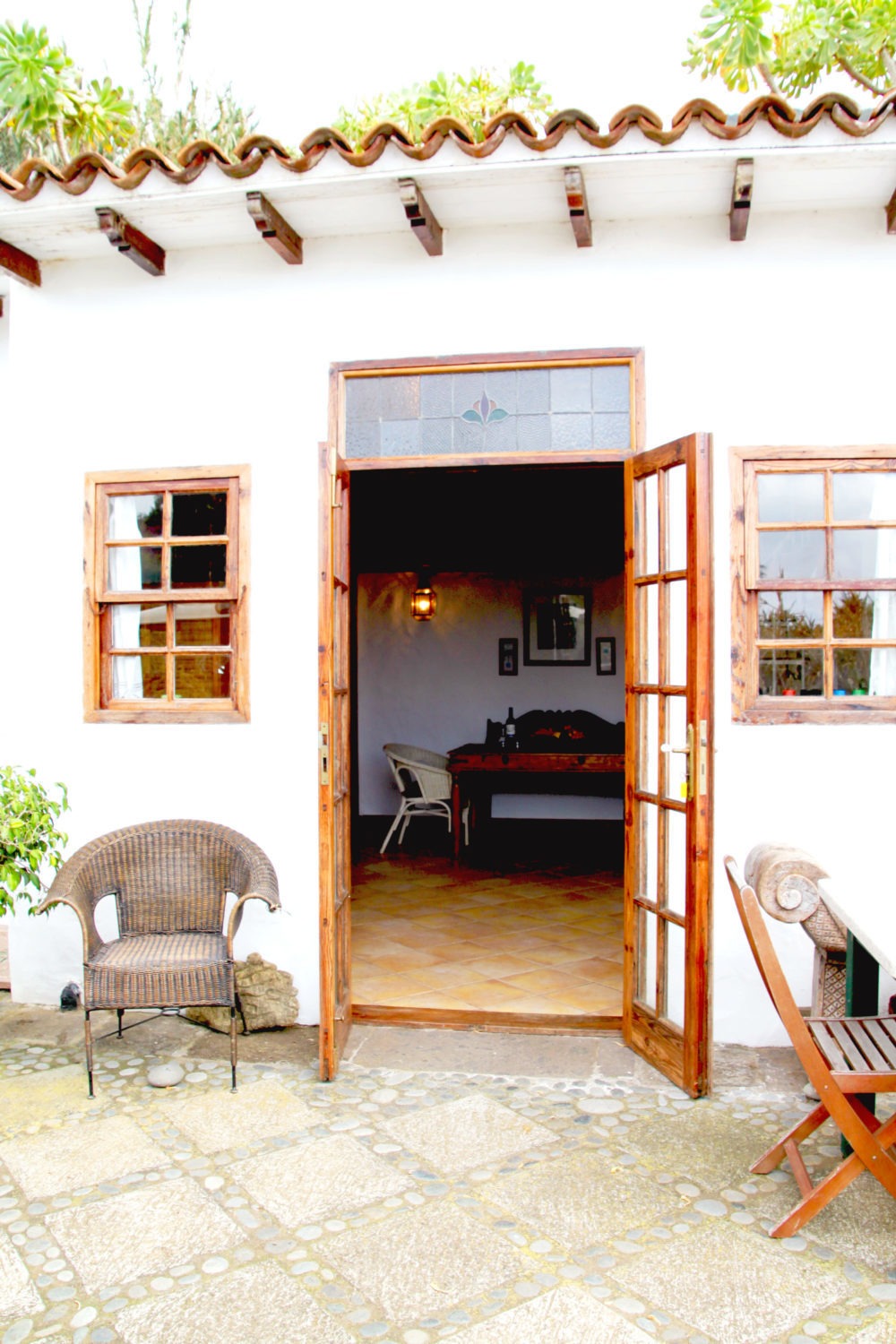Averrhoa carambola
STERNFRUCHT, KARAMBOLE
Englische Bezeichnung: Starfruit
Spanische Bezeichnung: Carambola
Familie
Sauerkleegewächse (Oxalidaceae)
Verwendbare Teile:
Frucht, Blätter, Sammen & Wurzeln
Hauptbestandteile:
Mineralstoffe: Kalium
Vitamine: C, Beta-Carotin (Provitamin A)
Sekundäre Pflanzenstoffe: Antioxidantien, Oxalsäure
Ernte-Hinweise:
Sobald die Sternfrucht eine goldene Schale hat und die Ecken leicht braun sind, ist der optimale Reifegrad erreicht.
Verwendung:
Obstsalat, Smoothie, Desserts und Tee aus den Blättern
Die Karambola ist aufgrund ihrer Farbe, außergewöhnlichen Form, zarten Duftes und säuerlichen Aromas ein optischer wie kulinarischer Genuss! Schneidet man die 5-rippige Frucht quer auf, entstehen dekorative sternförmige Scheiben. Das Fruchtfleisch hat wenige Kerne, ist saftig und knackig.
Family
Wood sorrel family (Oxalidaceae)
Usable parts:
Fruit, Leaves, Seed & Roots
Main components:
Minerals: Potassium
Vitamins: C, beta-carotene (provitamin A)
Secondary plant substances: antioxidants, oxalic acid
Harvesting guideline:
As soon as the star fruit has a golden skin and the corners are slightly brown, the optimal degree of ripeness has been reached.
Use:
Fruit salad, smoothie, desserts and tea from the leaves
The carambola is a visual and culinary delight due to its colour, unusual shape, delicate fragrance and tart aroma! If you cut the 5-ribbed fruit crosswise, you get decorative star-shaped slices. The flesh has few seeds, is juicy and crunchy.
Familia
Familia de las acederas (Oxalidaceae)
Partes utilizables:
Frutos, hojas, semillas y raíces
Componentes principales:
Minerales: Potasio
Vitaminas: C, betacaroteno (provitamina A)
Sustancias vegetales secundarias: antioxidantes, ácido oxálico
Guía de cosecha:
En cuanto la fruta estrella tiene una piel dorada y las esquinas están ligeramente marrones, se ha alcanzado el grado óptimo de madurez.
Uso:
Ensalada de frutas, batido, postres y té de hojas
La carambola es una delicia visual y culinaria por su color, su forma inusual, su delicada fragancia y su aroma ácido. Si se corta transversalmente el fruto de 5 costillas, se obtienen decorativas rodajas en forma de estrella. La pulpa tiene pocas semillas, es jugosa y crujiente.
